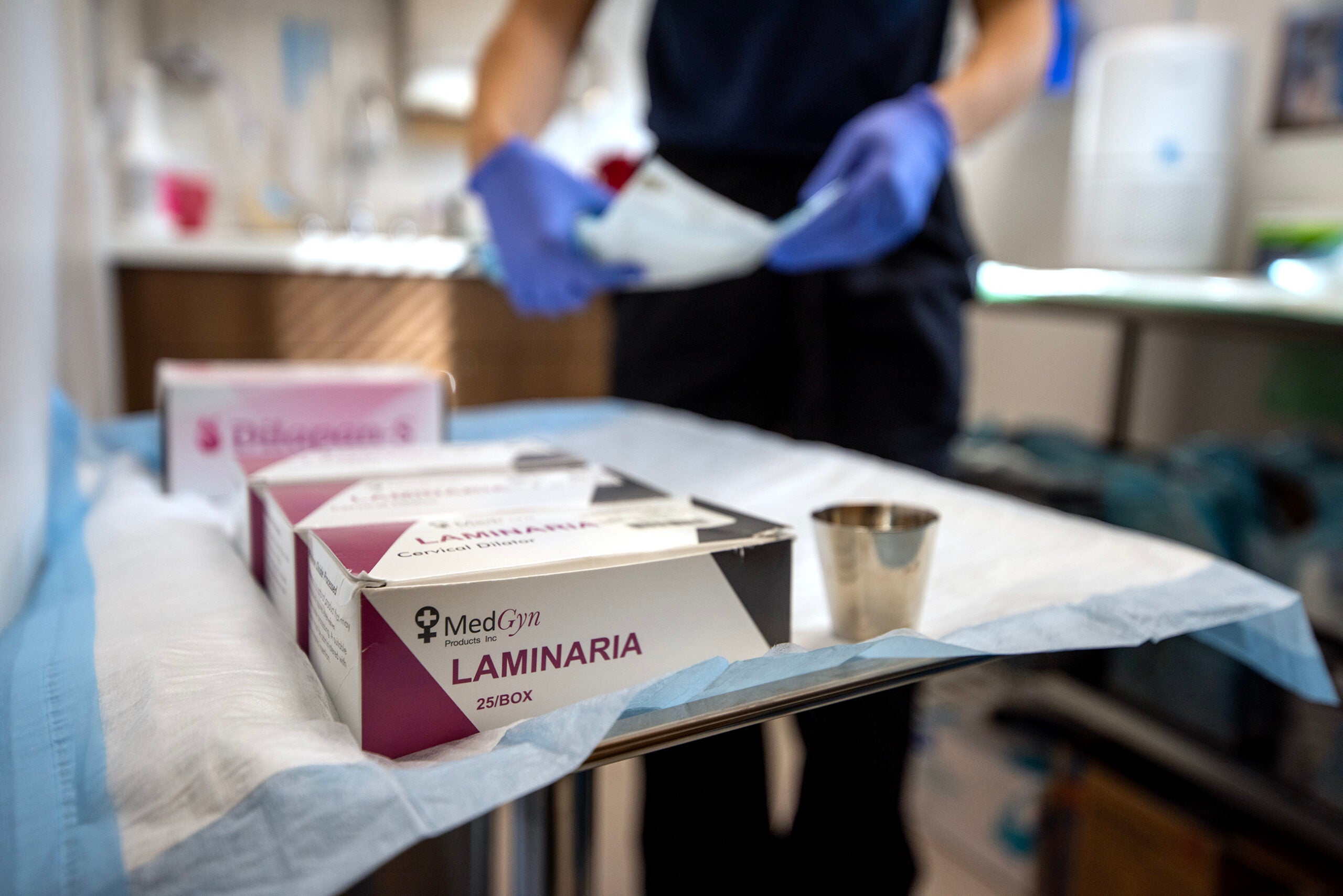Lawmakers in the Wisconsin Assembly approved a bipartisan bill Tuesday that would allow pharmacists to prescribe contraception — a proposal that previously faced headwinds in the full state Legislature.
Rep. Joel Kitchens, R-Sturgeon Bay, has been a lead author of the contraception bill across multiple legislative sessions. He said it would lower hurdles to accessing birth control and help low-income women avoid unwanted pregnancies.
“Along with drug addiction, unplanned pregnancy is the No. 1 contributor to generational poverty,” he said, adding that the bill would also help lower the need for abortions.
News with a little more humanity
WPR’s “Wisconsin Today” newsletter keeps you connected to the state you love without feeling overwhelmed. No paywall. No agenda. No corporate filter.
The bill was co-sponsored by several Democrats and is backed by a range of medical and public health organizations. It’s opposed by anti-abortion groups and the Wisconsin Catholic Conference. It passed 87-10, with only Republican opposition.
As written, the bill would allow a pharmacist to dispense hormonal birth control, rather than require a user to first get a prescription from a doctor. Prescribing pharmacists would be required to explain that birth control doesn’t protect against sexually transmitted infections, and to encourage the patient to see a doctor as well.
According to the Guttmacher Institute, which supports abortion access, 30 states and the District of Columbia have a law like this on the books.
“This bill will allow women to have more choices in reproductive health care, decrease the number of unplanned pregnancies and abortions, and it will save taxpayers dollars,” Kitchens said.
Similar bills have passed multiple times in the Assembly, but failed to move forward in the Senate. Kitchens said he was hopeful Democratic support for the bill could get it across the finish line this time around.
That would require Republicans who hold the Senate to schedule it for a vote, which has not previously happened.
Also on Tuesday, lawmakers passed a bill to create rules for how and when a doctor may perform pelvic exams on unconscious patients. Advocates said they have promoted the proposal for over a decade.
The bill states that hospitals have to receive written consent in advance before performing a pelvic exam on an unconscious patient for educational purposes. According to Rep. Lisa Subeck, D-Madison, it was inspired by the experience of a Madison woman who learned after-the-fact that a team of medical students practiced pelvic exams on her while she was under anesthesia.
“Hospital teaching systems have enabled what I would say is tantamount to medical sexual assault,” said Subeck.
The pelvic exam bill already passed the state Senate and heads next to the governor’s desk.
Wisconsin Public Radio, © Copyright 2026, Board of Regents of the University of Wisconsin System and Wisconsin Educational Communications Board.







